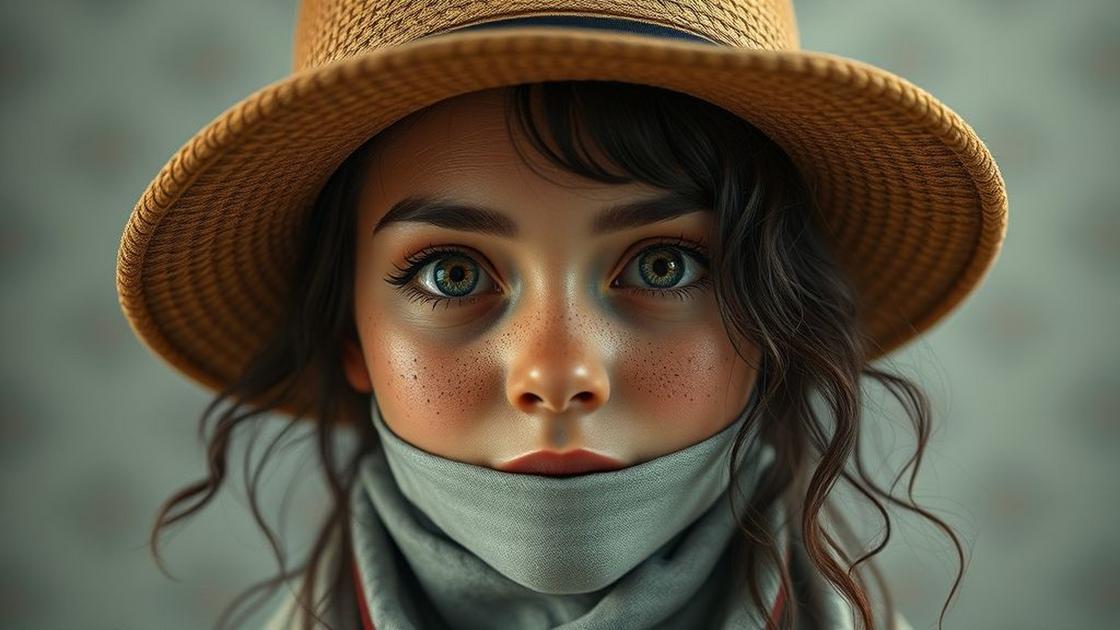Have you ever looked in the mirror and wished for a brighter smile? Best natural remedies for whitening teeth at home might be the answer you’re seeking! Many women over 30 have experienced the frustrations of stained teeth due to everyday habits such as coffee and wine consumption. You’re not alone in this journey, and there are gentle, effective ways to enhance your smile without harsh chemicals.
Understanding Tooth Discoloration
Tooth discoloration is a common issue that affects many people, especially as they age. Factors such as certain foods, beverages, and lifestyle choices can lead to stains on our teeth. Coffee, tea, red wine, and berries are notorious culprits. Additionally, smoking and poor oral hygiene can contribute to dullness and yellowing.
There are also genetic factors and medications that can influence tooth color. Understanding these causes is the first step in seeking effective natural remedies to brighten your smile.
Benefits of Natural Whitening Remedies
Many people prefer natural methods for whitening their teeth, and for good reason. Here are some of the key benefits:
- Safety: Natural remedies often avoid harsh chemicals that might damage enamel.
- Cost-Effective: Many ingredients can be found right in your kitchen.
- Minimal Side Effects: Natural options are less likely to cause sensitivity than commercial products.
- Holistic Approach: These remedies can also promote overall dental health.
With a little effort, you can embrace nature’s gifts to achieve a brighter smile.
Baking Soda: Your Kitchen Superhero
Baking soda is famed for its mild abrasive properties, making it an excellent option for teeth whitening. It helps remove surface stains while balancing the pH levels in your mouth. Here’s how to use it:
- Baking Soda Toothpaste: Mix one tablespoon of baking soda with water to form a paste. Brush your teeth with it for two minutes before rinsing.
- Baking Soda and Lemon: Combine baking soda with lemon juice for an extra boost. However, use this sparingly as lemon is acidic and may harm enamel.
Using baking soda once or twice a week can help you maintain a brighter smile.
Activated Charcoal for a Bright Smile
Activated charcoal has become a popular natural remedy for teeth whitening. Its porous texture binds to and lifts stains and toxins from your teeth. To use activated charcoal:
- Charcoal Toothpaste: Brush your teeth with activated charcoal toothpaste. Be gentle, as the abrasiveness can wear down enamel if used excessively.
- Charcoal Powder: Dip your wet toothbrush into the powder, and brush gently for about two minutes, then rinse thoroughly.
While it can be effective, moderation is key to prevent any potential damage to your teeth.
Coconut Oil Pulling: The Ancient Method
Coconut oil pulling is an ancient Ayurvedic practice. Swishing coconut oil in your mouth can help remove bacteria and promote oral health. It’s also believed to give your teeth a brighter appearance. Here’s how to get started:
- Choose Your Oil: Use organic, unrefined coconut oil.
- Daily Routine: Take a tablespoon of oil and swish it in your mouth for 10–20 minutes. Spit it out and rinse with water.
Regular coconut oil pulling can reduce plaque buildup and improve overall oral health, contributing to a whiter smile over time.
Fruits and Vegetables That Lighten Teeth
Your diet plays a vital role in tooth color. Certain fruits and vegetables can help promote whitening naturally. Here are some to consider:
- Strawberries: Their natural malic acid acts as a natural whitener. Mash them up and apply to your teeth like a paste.
- Apples: Their crisp texture helps scrub surface stains while eating.
- Carrots: These crunchy veggies stimulate gums and enhance saliva production, which helps cleanse the mouth.
Incorporating more of these foods into your diet can help keep your smile brighter naturally.
The Power of Hydrogen Peroxide
Hydrogen peroxide is a common ingredient in many whitening products due to its bleaching properties. Here’s how to use it safely:
- Mix with Water: Combine equal parts hydrogen peroxide (3%) and water. Swish in your mouth for about 30 seconds, then rinse thoroughly.
- Hydrogen Peroxide Toothpaste: Consider using toothpaste that includes this ingredient for gentle daily use.
While powerful, be cautious with hydrogen peroxide. Overuse can lead to enamel erosion or gum sensitivity.
Maintaining Oral Hygiene for Whiter Teeth
No matter how many treatments you try, good oral hygiene is essential. Here’s how you can boost your routine:
- Brush Twice Daily: Use a soft-bristled toothbrush and fluoride toothpaste. Consider a whitening toothpaste occasionally.
- Floss Daily: This helps remove plaque and food particles stuck between your teeth.
- Regular Dental Check-ups: Visit your dentist every six months for cleanings and professional advice.
Creating a strong oral hygiene routine will not only help whiten your teeth but also maintain your overall dental health.
Home Remedies to Avoid: What Not to Use
While many natural remedies can be beneficial, some could do more harm than good. Avoid the following:
- Salt: Its abrasive nature can wear down your enamel.
- Vinegar: This acidic substance may erode enamel over time.
- Over-using Lemon Juice: Similar to vinegar, it can cause enamel damage.
Always prioritize your dental health and consult with a dentist when considering any new home remedies.
A Bright Smile Awaits You!
You deserve to feel confident in your smile, and these natural remedies are simple steps on your journey to whiter teeth. Remember, every small change you make adds up. Just like many women who found these methods effective, you too can embrace a brighter future. Start today, and let your smile shine!






